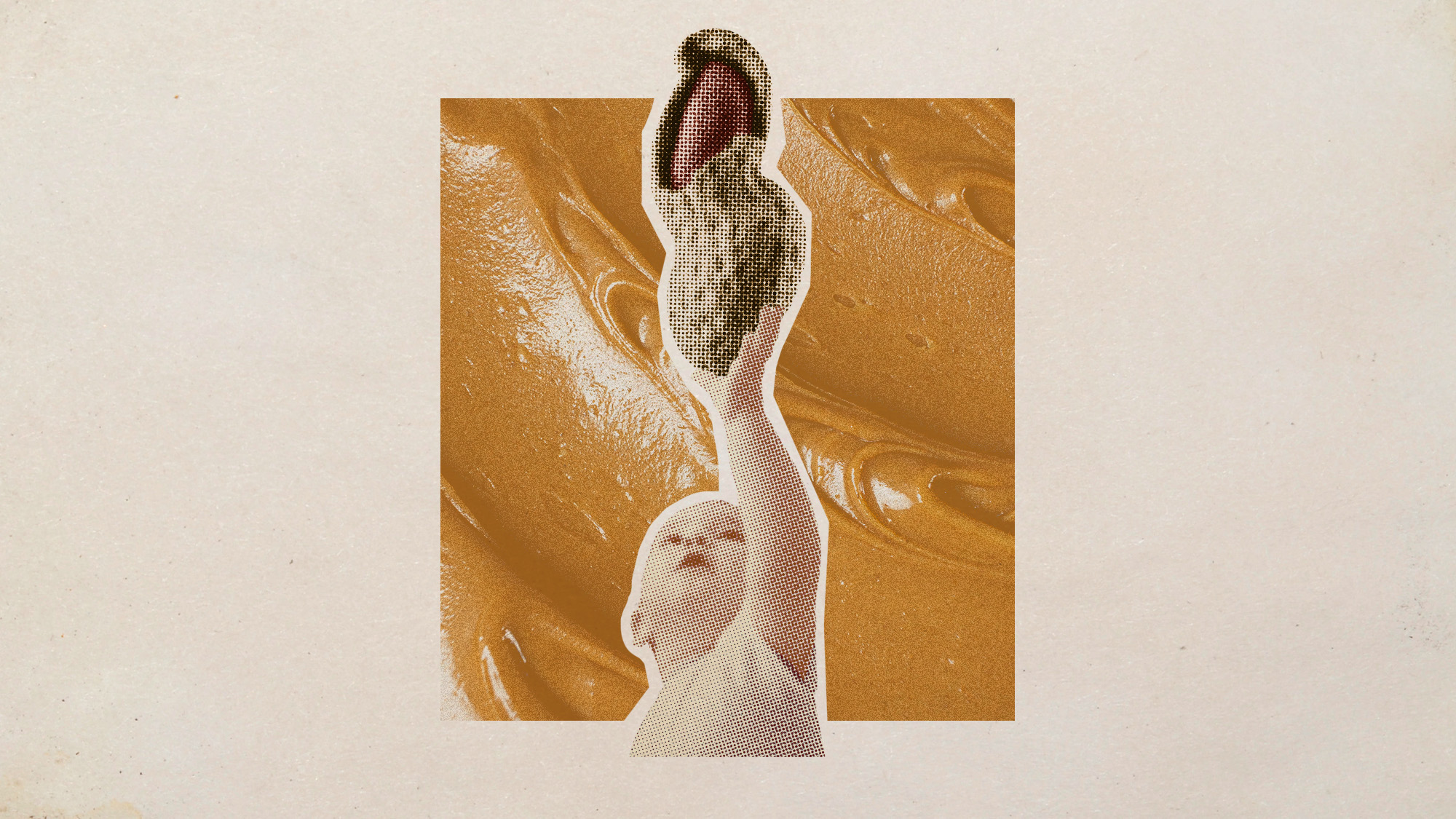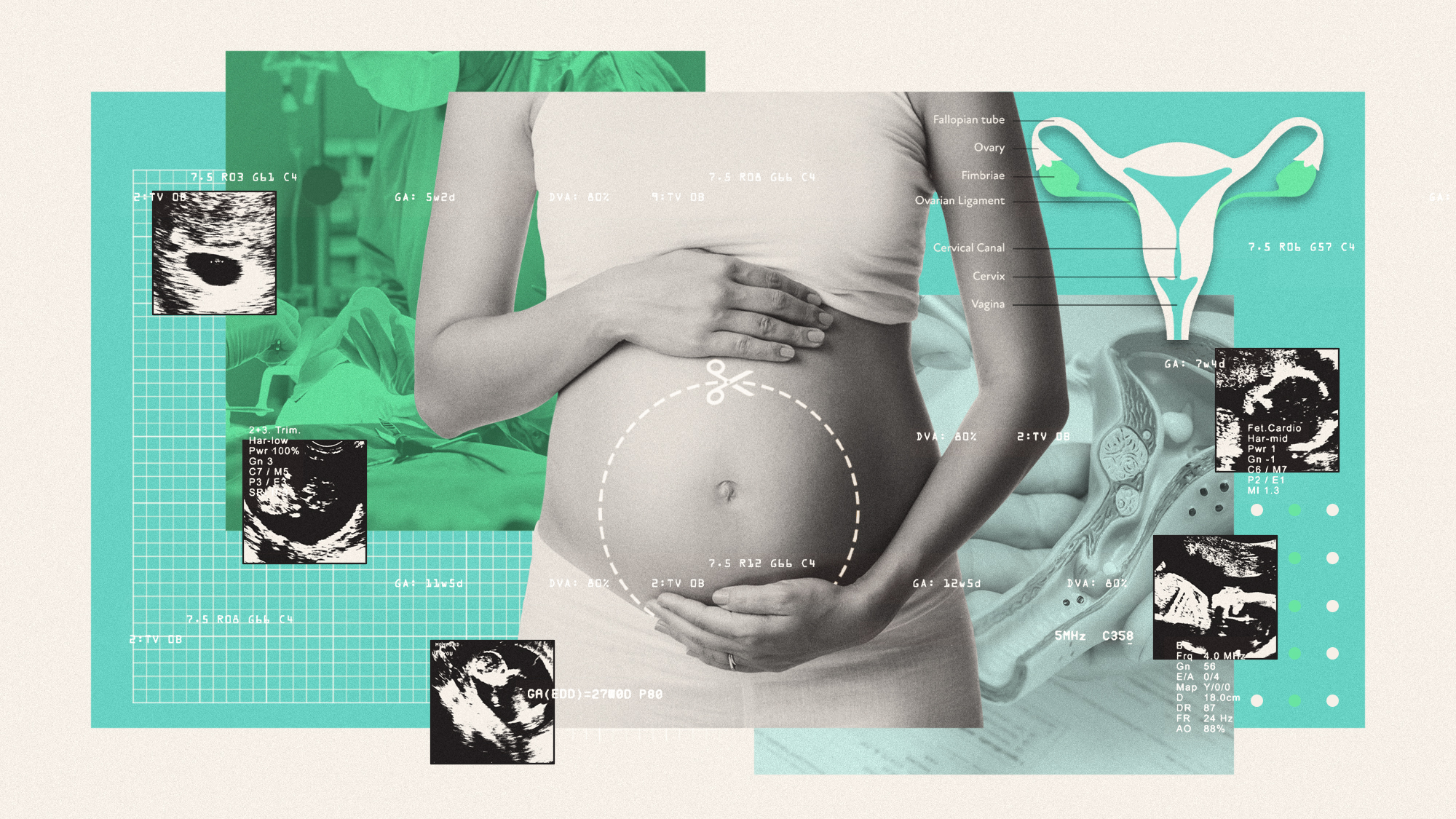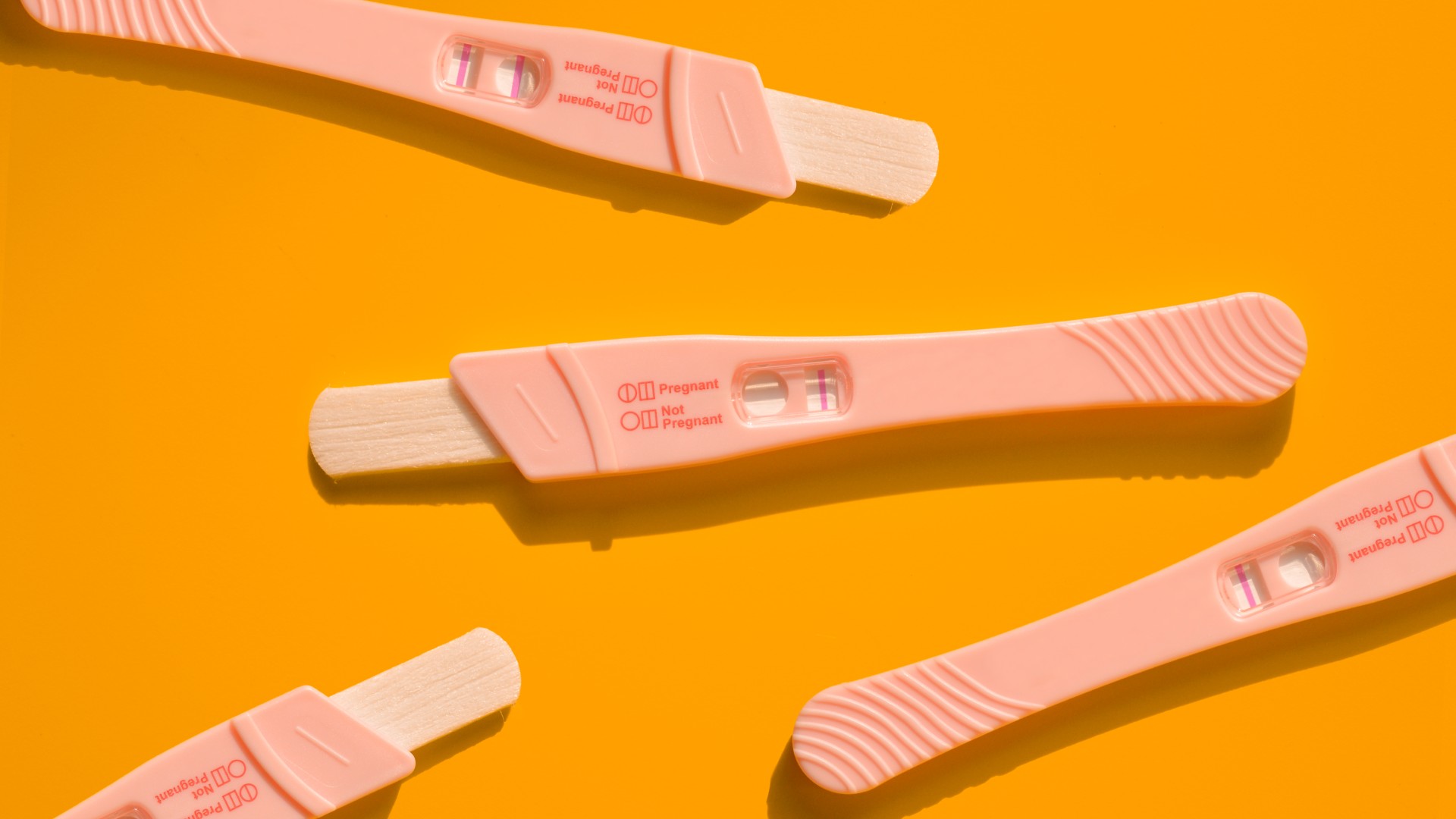Pros and cons of surrogacy in the UK
The government is currently considering substantial reforms to surrogacy law in the UK

A free daily email with the biggest news stories of the day – and the best features from TheWeek.com
You are now subscribed
Your newsletter sign-up was successful
A proposed major reform of the UK’s surrogacy laws could see intended parents declared as the legal parents of a surrogate child at its birth.
In March, a joint report by the Law Commission of England and Wales and the Scottish Law Commission said the almost 40-year-old current law “does not work in the best interests of any of the people involved”.
Currently, the intended parents raising the baby have “no legally recognised relationship” and “cannot make any decisions over the child”, said Sky News, until at least six weeks after the birth and when a court grants a parental order. The surrogate parent, who is the legal parent at birth, must also provide permission for a parental order to be granted.
The Week
Escape your echo chamber. Get the facts behind the news, plus analysis from multiple perspectives.

Sign up for The Week's Free Newsletters
From our morning news briefing to a weekly Good News Newsletter, get the best of The Week delivered directly to your inbox.
From our morning news briefing to a weekly Good News Newsletter, get the best of The Week delivered directly to your inbox.
Under the proposed new law, the “scrutiny of the surrogacy arrangements would start pre-conception” and intended parents would not need to apply for a parental order, said The Guardian. The surrogate parent would, however, be able to withdraw consent up to six weeks after the birth, although under the new law, a judge could overrule and award a parental order if they deemed the “welfare of the child required it”.
While the government must now consider whether to introduce the committee’s recommendations as law, here are the pros and cons of surrogacy in the UK.
1. Pro: getting more accessible
There has been a “huge increase” in the number of people putting themselves forward as surrogate mothers, said The Independent. Volunteer numbers for the charity SurrogacyUK were “soaring to record levels” in 2021 and 2022, with the number of surrogates far outweighing the number of intended parents. The charity said it was a “huge shift” in previous trends, largely due to “increasing press coverage” and surrogacy being more “prominent in popular culture”.
2. Con: no formal arrangement
Even if the intended parents are the biological parents of the child, a surrogacy arrangement is not currently legally enforceable in the UK, leaving “both surrogates and intended parents feeling unprotected and potentially vulnerable”, said The Independent. Under current law surrogacies “largely rely on friendship agreements” and rarely on “formalised contracts”. There’s “no legal obligation to compensate surrogates for expenses”, the paper said, potentially leaving volunteers out of pocket, while the surrogate mother would be able to withdraw consent and keep the child.
A free daily email with the biggest news stories of the day – and the best features from TheWeek.com
3. Pro: profiting is prohibited
In the UK, surrogacy is viewed as altruism and a “gift from one woman to another”, said the BBC, which is why it is illegal to profit from a surrogacy arrangement. Money can only be handed over on an “expenses-only basis”.
Surrogacy laws vary hugely from country to country, and in many of those that allow unregulated commercial surrogacy, there are significant “child welfare concerns” as well as “examples of surrogate mothers being exploited”, particularly those who are “financially and socially vulnerable”.
4. Con: complex legal process
The parents who intend to bring the child up must “currently wait at least six weeks to become the legal parents” after the birth but in reality, the legal process can be even longer, taking “up to a year to go through the courts”, The Guardian said.
One couple viewed the fight to acquire a parental order as the “biggest challenge they faced” in the surrogacy process, said The Independent, and it meant they were unable to make “critical decisions regarding the medical treatment or care” of their son.
5. Pro: not just for couples
A change to surrogacy laws in the UK in 2019 ended a restriction that allowed only couples to seek parental orders. It has “never been unlawful in the UK for a single parent to conceive a child with the help of a surrogate”, but until 2019 single men or women were unable to become the legal parent of their child, said legal firm Bindmans.
6. Con: not enough protections
The new proposals by the Law Commission cater “to the desires of adults with a vested interest in surrogacy” rather than “child welfare”, wrote Sonia Sodha in The Observer. Any checks on potential parents (who would become legal parents if the new law is approved) are “light-touch” and could be carried out by those with little or no “knowledge or experience of child safeguarding”.
The commission's proposals are “jaw-droppingly naive”, she wrote, and while couples can conceive through IVF and naturally with few checks “surrogacy is the only route through which a single man as a sole parent can create a biological child”, and therefore more stringent checks should be in place.
Richard Windsor is a freelance writer for The Week Digital. He began his journalism career writing about politics and sport while studying at the University of Southampton. He then worked across various football publications before specialising in cycling for almost nine years, covering major races including the Tour de France and interviewing some of the sport’s top riders. He led Cycling Weekly’s digital platforms as editor for seven of those years, helping to transform the publication into the UK’s largest cycling website. He now works as a freelance writer, editor and consultant.
-
 ‘This is something that happens all too often’
‘This is something that happens all too often’Instant Opinion Opinion, comment and editorials of the day
-
 House votes to end Trump’s Canada tariffs
House votes to end Trump’s Canada tariffsSpeed Read Six Republicans joined with Democrats to repeal the president’s tariffs
-
 Bondi, Democrats clash over Epstein in hearing
Bondi, Democrats clash over Epstein in hearingSpeed Read Attorney General Pam Bondi ignored survivors of convicted sex offender Jeffrey Epstein and demanded that Democrats apologize to Trump
-
 Trump HHS slashes advised child vaccinations
Trump HHS slashes advised child vaccinationsSpeed Read In a widely condemned move, the CDC will now recommend that children get vaccinated against 11 communicable diseases, not 17
-
 Deaths of children under 5 have gone up for the first time this century
Deaths of children under 5 have gone up for the first time this centuryUnder the radar Poor funding is the culprit
-
 The expanding world of child skincare
The expanding world of child skincareUnder the Radar Beauty line for kids as young as three sparks ‘rage’
-
 Peanut allergies have plummeted in children
Peanut allergies have plummeted in childrenUnder the radar Early introduction could be an effective prevention method
-
 Children's health has declined in the US
Children's health has declined in the USThe Explainer It's likely a sign of larger systemic issues
-
 Children's breakfast cereals are getting more unhealthy
Children's breakfast cereals are getting more unhealthyUnder the radar Your kids may be starting their day with more than a spoonful of sugar
-
 The UK's first baby born to woman with womb transplant
The UK's first baby born to woman with womb transplantThe Explainer 'Astonishing' medical breakthrough, the culmination of 25 years of research, could pave the way for more procedures to combat uterine infertility
-
 IVM is a better treatment than IVF for some women
IVM is a better treatment than IVF for some womenThe Explainer A less painful, less costly option for treating infertility emerges